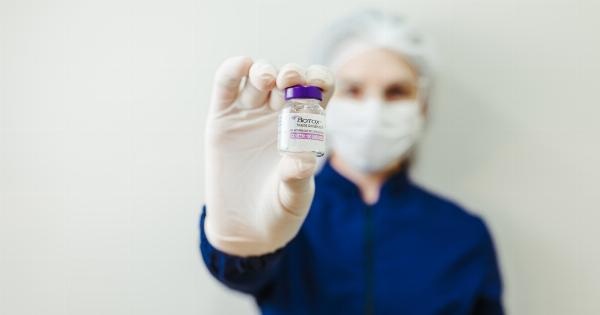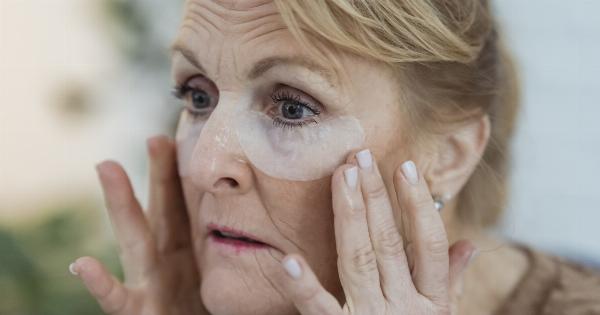Your skin is the largest organ in your body and often one of the first things people notice about you. Therefore, it is important to take good care of your skin.
One of the ways to do that is to use retinol, a form of vitamin A, which has been proven to help revitalize the skin. In this article, we will discuss the benefits of retinol and how it can help you achieve healthier and more youthful-looking skin.
What is Retinol?
Retinol is a derivative of vitamin A that has been used in various skincare products for decades. It has been proven to be effective in treating various skin conditions such as acne, fine lines, wrinkles, and age spots.
Retinol works by increasing the turnover rate of skin cells, encouraging new cell growth, and stimulating collagen production. It also helps to exfoliate the skin, unclog pores, and regulate oil production, making it an excellent choice for those with oily or acne-prone skin.
The Benefits of Retinol
There are numerous benefits of using retinol, including:.
- Reduces fine lines and wrinkles
- Improves skin texture and tone
- Fades age spots and hyperpigmentation
- Unclogs pores and prevents acne breakouts
- Stimulates collagen production, which helps to firm the skin
- Increases cell turnover rate, which helps to reveal smoother, brighter skin
- Regulates oil production, which helps to prevent clogged pores and acne breakouts
How to Incorporate Retinol into your Skincare Routine
Retinol can be found in various skincare products, including serums, creams, and gels. It is important to start with a low concentration and gradually increase as your skin becomes accustomed to it.
Here are some tips on incorporating retinol into your skincare routine:.
- Start with a low concentration: Begin with a retinol product that has a low concentration of about 0.5%. This will help your skin adjust to the product and reduce the risk of irritation.
- Apply at night: Retinol can make your skin more sensitive to the sun, so it is best to apply it at night to avoid sun exposure.
- Use a moisturizer: Retinol can be drying to the skin, so it is important to use a moisturizer to keep your skin hydrated.
- Be consistent: To see results, you need to be consistent in using your retinol product. Use it every night or every other night, depending on your skin’s tolerance.
- Don’t use with other actives: Retinol can be irritating when combined with other active ingredients like alpha hydroxy acids (AHAs) and beta hydroxy acids (BHAs). It is best to use retinol alone or with a non-active product like a moisturizer.
Side Effects of Retinol
Retinol can be irritating to the skin, especially for those with sensitive skin. Here are some common side effects:.
- Redness
- Dryness
- Peeling
- Irritation
If you experience any of these side effects, reduce the frequency of use or dilute the retinol with a moisturizer. If the irritation persists, discontinue use.
Conclusion
Retinol is an excellent choice for those looking to improve their skin’s texture, tone, and overall appearance. With its numerous benefits, it is no wonder that retinol has been a staple in the skincare industry for decades.
By following the tips mentioned in this article and being consistent in using your retinol product, you can achieve healthier and more youthful-looking skin.






























